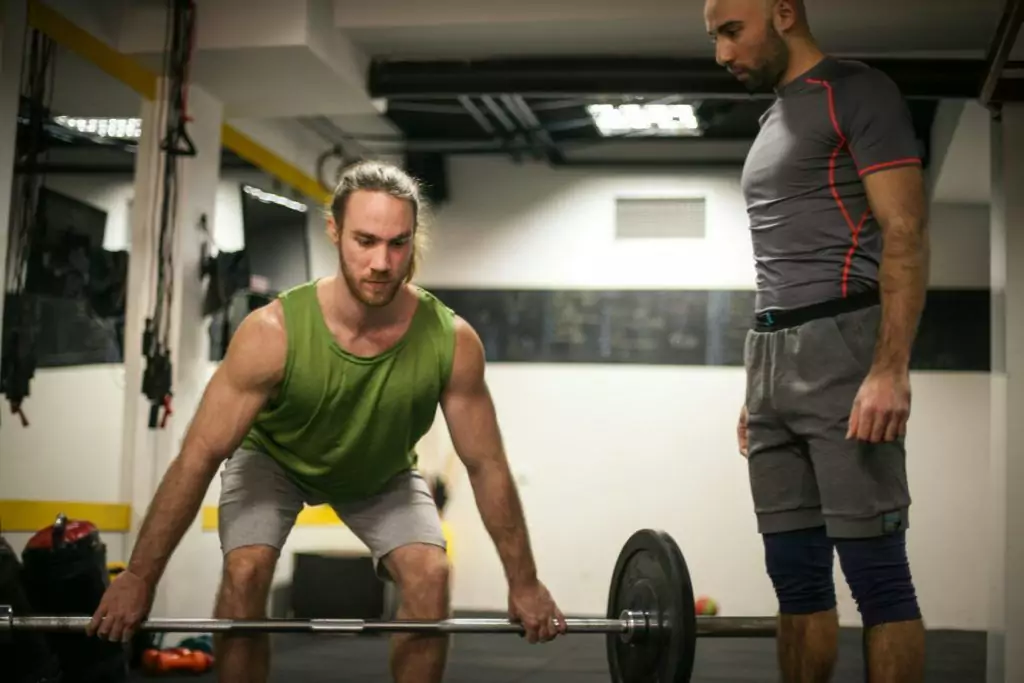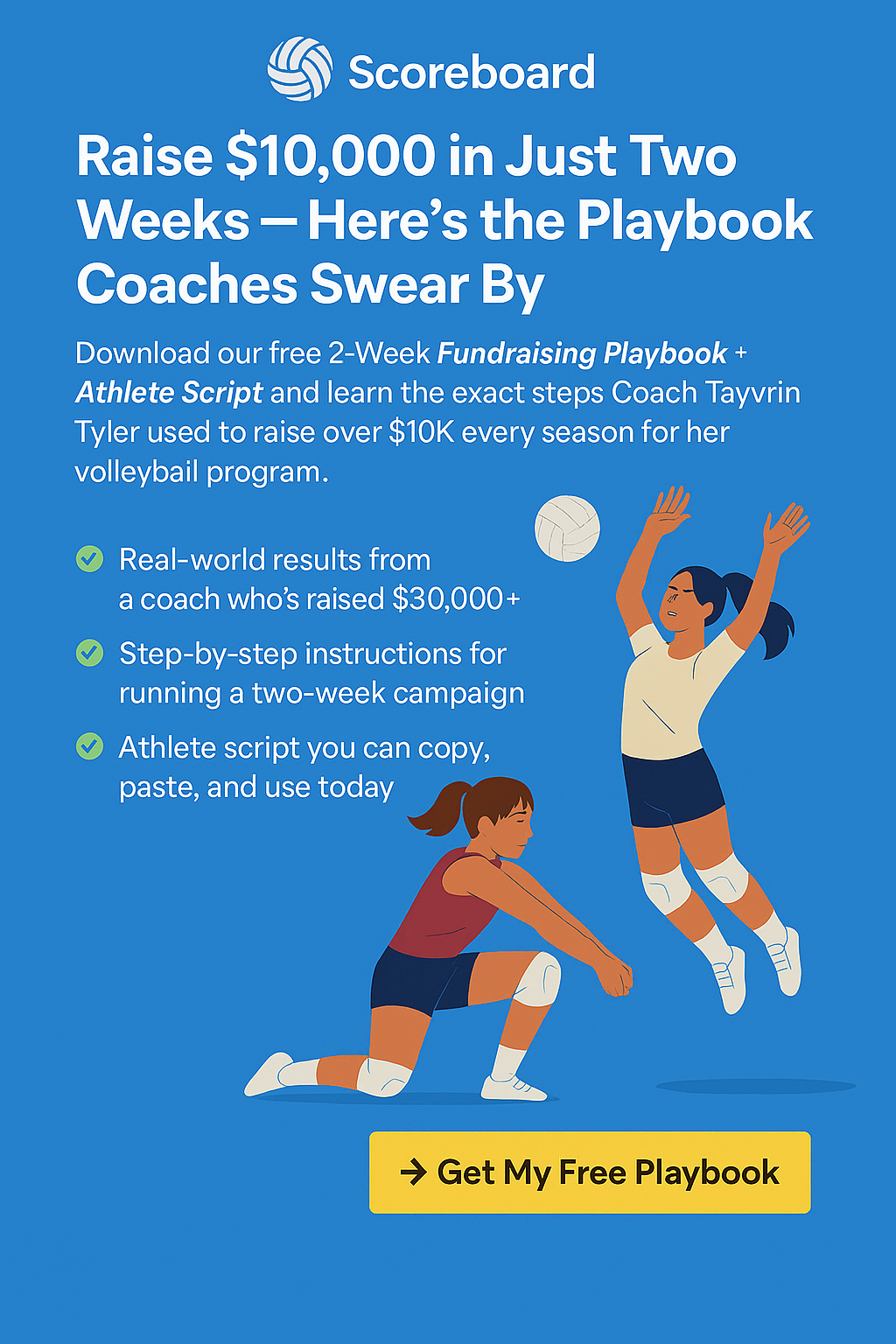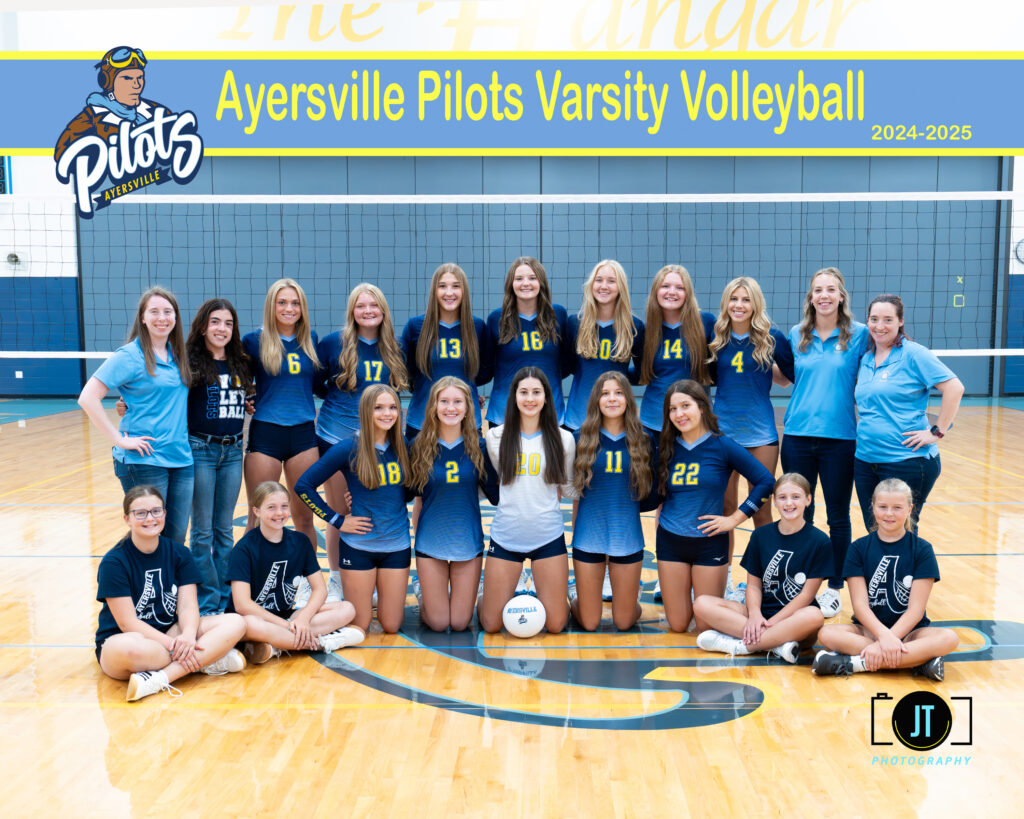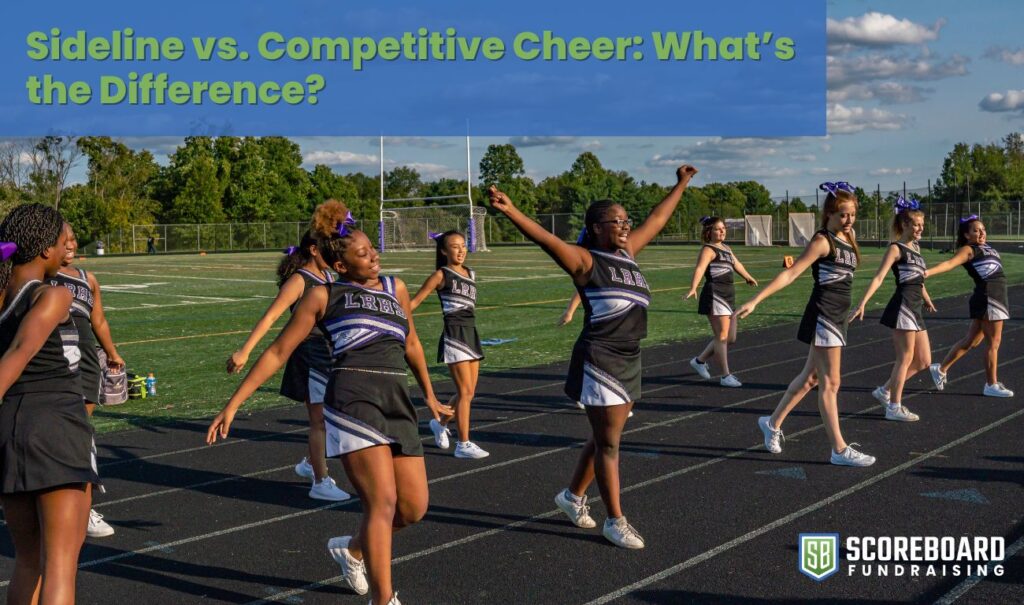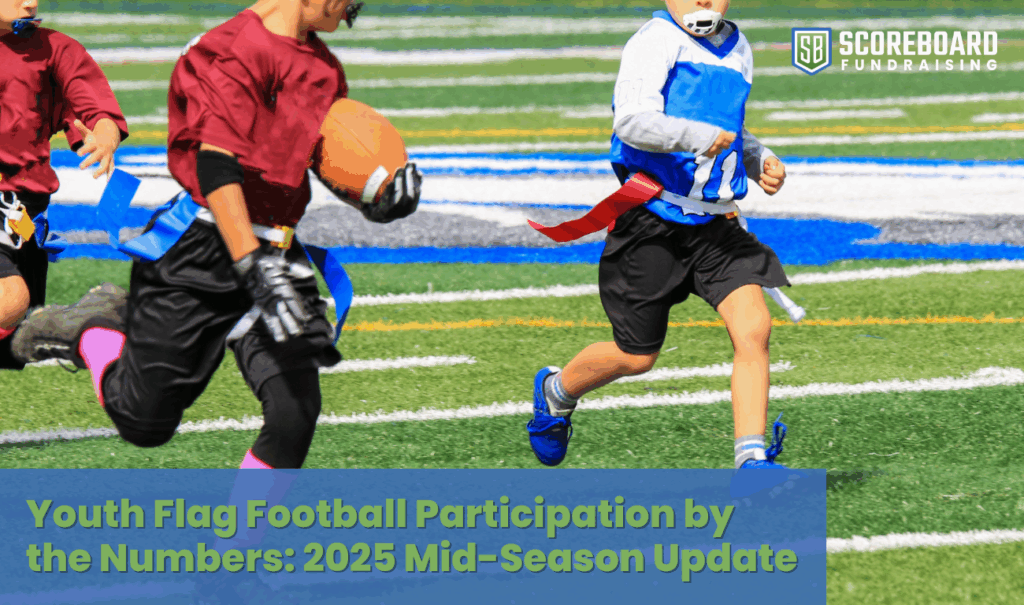Athlete coaching goes beyond teaching skills and game tactics; nutrition and fitness are integral components to unlock the full potential of your athletes and pave the way to success. A holistic approach to coaching ensures that your athletes maintain peak physical condition, fuel their bodies adequately, and optimize recovery for enhanced performance.
In this comprehensive guide, we delve into the importance of nutrition and fitness in athlete coaching. Learn how to create tailored meal plans, design effective training programs, and promote overall athlete wellbeing both on and off the field. Additionally, discover how partnering with Scoreboard Fundraising can revolutionize your fundraising efforts, enabling you to concentrate on fostering your athletes’ development and taking their performance to new heights.
The Role of Nutrition in Athletic Performance
Proper nutrition is crucial for athlete development, influencing energy levels, physical and mental performance, muscle growth, and overall health. As a coach, understanding the fundamental principles of sports nutrition helps you create individualized meal plans that cater to each athlete’s unique needs and goals. Meeting energy and nutrient requirements – including carbohydrates, proteins, fats, vitamins, minerals, and water – is paramount for supporting optimal performance and recovery.
Designing Effective Meal Plans
A well-rounded meal plan for athletes should focus primarily on whole foods, including a variety of fruits, vegetables, lean protein sources, whole grains, and healthy fats. The optimal ratio of macronutrients will depend on the specific athlete and their sports discipline. For example, endurance athletes require a higher carbohydrate intake, while strength athletes benefit from increased protein consumption. Work collaboratively with your athletes, providing guidance and resources to help them make informed choices about their nutrition.
Importance of Hydration
Inadequate hydration can severely impact an athlete’s performance and increase the risk of injury. Coaches should educate their athletes on the importance of staying well-hydrated and provide guidance on recognizing and preventing dehydration symptoms. Establish a personalized hydration plan for each athlete, considering factors like training intensity, environmental conditions, and individual sweat rates.
Optimizing Pre- and Post-Workout Nutrition
To fuel workouts and support recovery, coaches should teach their athletes about strategic pre- and post-workout nutrition. Pre-workout meals should combine carbohydrates for energy, moderate amounts of protein to support muscle repair and growth, and minimal healthy fats to avoid gastrointestinal discomfort. Post-workout nutrition should prioritize a more substantial serving of protein, paired with carbohydrates to promote glycogen replenishment.
Building Effective Fitness Programs
An optimally designed fitness program is a critical aspect of athlete coaching. The program should consider the demands of the sport, each athlete’s strengths and weaknesses, and the competitive season’s various phases. The primary features of comprehensive fitness programming include:
– Resistance training: Enhance muscular strength, power, and endurance with well-sequenced resistance training exercises. Choose exercises tailored to your athletes’ needs and sport-specific requirements, focusing on proper technique and execution.
– Cardiovascular conditioning: Enhance heart health, endurance, and stamina by incorporating various aerobic and anaerobic exercises. Examples include high-intensity interval training (HIIT), moderate-intensity steady-state (MISS) training, and sport-specific biomechanical drills.
– Mobility and flexibility: Help your athletes prevent injury and improve joint mobility by incorporating targeted stretches and mobility exercises. Implement sessions focusing on functional mobility and range of motion, both independently and as part of warm-up and cool-down routines.
– Recovery and regeneration: Prioritize ample recovery time within the fitness program to discover the balance between physical stimulation and restorative practices. Athletes should dedicate time to post-workout recovery activities, such as stretching, foam rolling, and ice baths.
Injury Prevention and Treatment
Coaches play a significant role in minimizing the risk of injury among their athletes through appropriate fitness programming, improvement of movement mechanics, and creating recovery protocols. Encourage athletes to listen to their bodies, understand the difference between discomfort and pain, and report any potential issues early. Collaborate with sports medicine professionals and physical therapists to identify potential injury risks and build intervention strategies.
Mental Fitness and Athlete Wellbeing
Mental fitness is a vital aspect of athlete coaching, often overlooked but equally important as physical fitness. Encourage your athletes to build mental resilience through stress reduction techniques, visualization exercises, goal setting, and cultivating emotional intelligence. Create a supportive environment where athletes feel comfortable discussing mental health issues and seeking assistance when necessary.
Educate Your Athletes on Proper Rest and Sleep
Adequate sleep and rest are essential for athletes to perform at their best. Educate your athletes about the importance of sleep, emphasizing its role in recovery, mental performance, and injury prevention. Encourage consistent sleep habits, such as regular bedtimes and adequate rest periods during the season.
Utilizing the Scoreboard Fundraising App for a Flawless Fundraising Experience
While proper nutrition and fitness are essential for athlete coaching, fundraising plays a crucial role in providing the resources needed for coaching staff, equipment, and other related costs. The Scoreboard Fundraising app offers a streamlined, virtual, paperless, cashless, and stress-free approach to fundraising, allowing coaches to effortlessly manage their campaigns and focus on the fundamentals of athlete coaching.
Unlock Your Athletes’ Full Potential with Streamlined Fundraising Solutions
Nutrition and fitness are crucial elements of effective athlete coaching. By incorporating comprehensive meal plans, tailored fitness programs, and strategies for injury prevention, mental fitness, and recovery, coaches can equip their athletes for peak performance and overall well-being.
Managing resources for team equipment and coaching expenses is a vital aspect of athletic success, and Scoreboard Fundraising offers a streamlined virtual fundraising solution. Embrace innovative, user-friendly technology that allows you to manage your campaigns while maximizing profits and minimizing stress effortlessly. Give your athletes the support they need to excel by partnering with Scoreboard Fundraising and elevating your team’s performance today!
